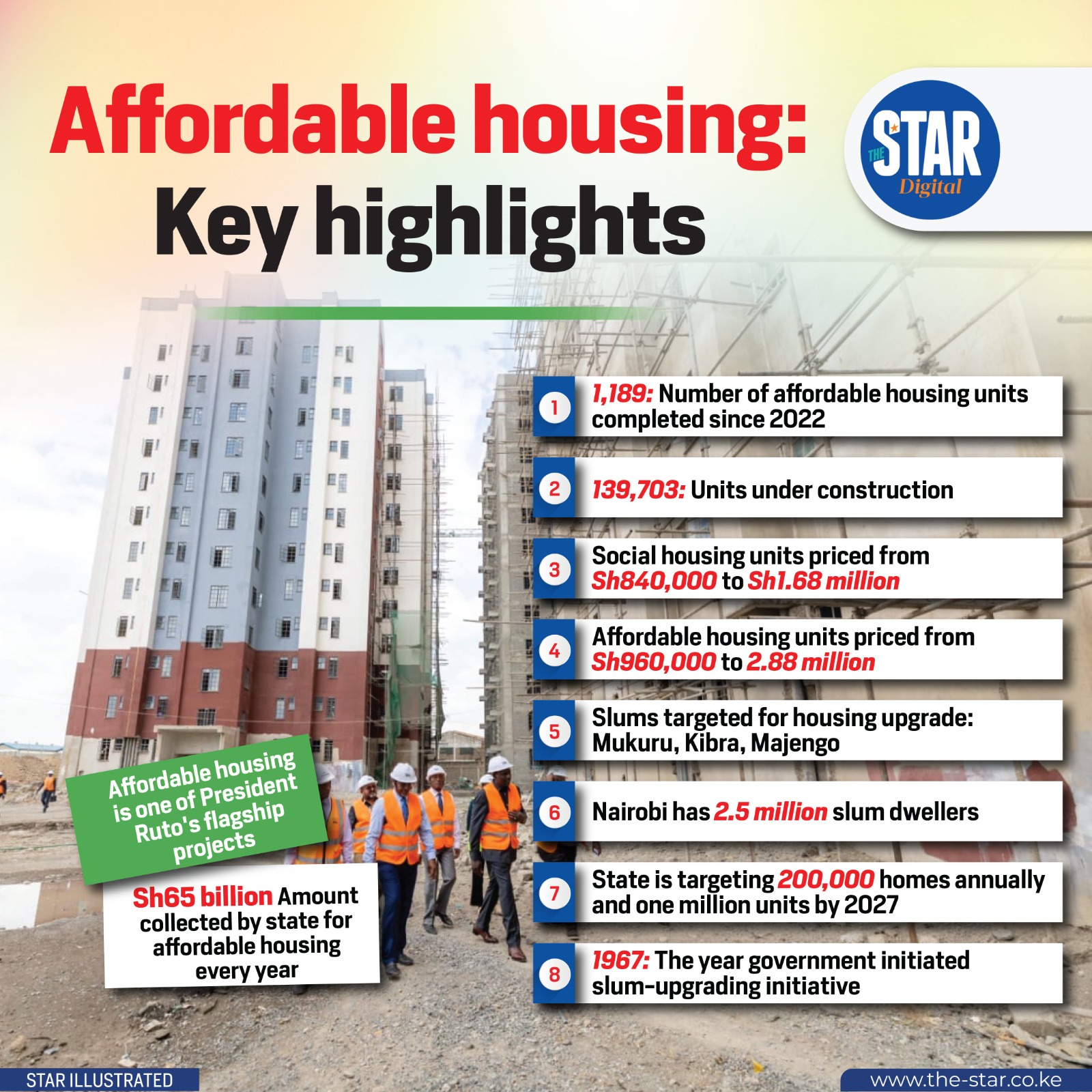Land has long been considered the foundation of wealth creation in Kenya, and in 2025, this investment vehicle continues to shine. From seasoned real estate moguls to first-time investors, more Kenyans and diaspora buyers are channeling their resources into land for development, resale, or speculation.
1. Rising Demand in Satellite Towns
With urban congestion in Nairobi, the demand for land in satellite towns has skyrocketed. Locations like Joska, Kamulu, Kitengela, Isinya, Juja, and Kangundo Road are experiencing high uptake due to improved road infrastructure and connectivity to the city.
Investors are targeting these areas for residential subdivisions, gated communities, and commercial centers, as they offer larger parcels at significantly lower prices than city plots.
2. Affordable Entry Point for New Investors
Land remains one of the most affordable ways to enter the real estate market. With plots available from as low as KES 150,000 in some outskirts, it’s no surprise that even young Kenyans are investing early.
Flexible payment plans from land-selling companies have also made it easier for salaried individuals and small business owners to acquire land through monthly installments.
3. High Appreciation Potential
Unlike built properties that depreciate due to wear and tear, land almost always appreciates—especially when purchased in strategic locations. For example, plots in areas like Ruiru or Syokimau that were selling at KES 400,000 a decade ago now fetch over KES 3 million.
This capital gain has made land a favorite for investors looking to preserve wealth and beat inflation.
4. Favorable Government Policies
Government policies in 2025 continue to support land acquisition and development. Incentives for developers, investment in road and water infrastructure, and digital land registry services have enhanced investor confidence.
The Ardhisasa platform, launched to digitize land records and transactions, has significantly reduced the risk of fraud and land ownership disputes.
5. Opportunities in Agribusiness and Eco-Tourism
Land isn’t just for residential or commercial development—it also supports fast-growing sectors like agribusiness and eco-tourism. Investors are buying acreage in counties like Laikipia, Narok, and Machakos to start ventures in organic farming, livestock rearing, and eco-lodges.
These alternative uses not only generate income but also provide sustainable investment opportunities aligned with Kenya Vision 2030 goals.
6. Legal Clarity and Due Diligence Tools
One of the biggest barriers to land investment in the past was the fear of fraud and unclear title ownership. In 2025, that’s changing rapidly. Tools like the Ardhisasa platform, the Ministry of Lands' verification services, and private due diligence consultants have made title deed verification faster and safer.
Buyers are advised to always confirm zoning regulations, conduct searches at the land registry, and work with licensed surveyors before purchasing land.
7. Land Banking: A Strategic Long-Term Play
Land banking—the practice of buying undeveloped land and holding it for future appreciation—is gaining popularity. Investors with a long-term view are purchasing plots in locations expected to benefit from major projects like the Nairobi-Mombasa Expressway, Konza Technopolis, and the Lamu Port South Sudan-Ethiopia Transport (LAPSSET) corridor.
This buy-and-hold strategy requires patience but yields some of the highest returns in Kenya’s real estate sector.
8. Diaspora Involvement and Fintech Integration
Kenyan diaspora communities are increasingly buying land through verified agents and platforms. The integration of fintech tools such as mobile money payments, blockchain-based registries, and escrow services has boosted transparency and trust in land transactions.
Many diaspora investors now participate in webinars and virtual site visits before making informed decisions remotely.
9. Speculation Along Infrastructure Projects
Infrastructure continues to shape land prices in Kenya. As roads, bypasses, railways, and airports are developed, land along these corridors spikes in value. For example, the recent dualling of the Eastern Bypass saw land prices in Embakasi, Ruai, and Njiru rise by over 30% in just two years.
Smart investors follow government infrastructure plans closely to acquire land in areas likely to benefit from upcoming projects.
10. Avoiding Land Scams in 2025
Despite the positive outlook, land scams are still a concern. Buyers must watch out for fake title deeds, double sales, and unregistered agents. Working with registered land-selling companies, confirming with the Ministry of Lands, and using lawyers for sale agreements are best practices to ensure secure investments.
Always insist on site visits, ask for copies of the title deed, mutation documents, and ensure the land is not under dispute or reserved for public use.
Conclusion
Land investment in Kenya remains not just a cultural preference but a smart financial decision in 2025. From urban expansion to agribusiness, infrastructure speculation to diaspora-led purchases, land continues to offer unmatched value, flexibility, and growth potential.
With improved access to information, legal protections, and financing options, Kenyans have more tools than ever to build generational wealth through land. As the real estate market evolves, land will remain the backbone of property investment across the country.




